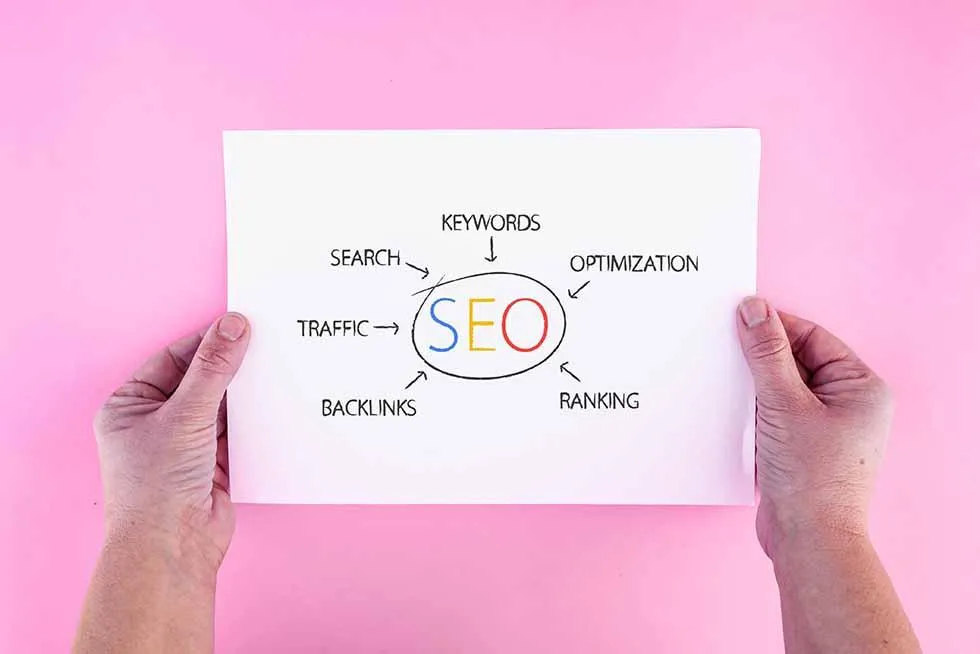
The Future of Search: Why SEO Still Matters and How AI Is Changing the Game
Introduction
Search has always been about one thing: helping people find the right information, product, or service at the right time. For years, that meant ranking high in Google search results. Businesses invested in SEO (Search Engine Optimization) to make sure they could be found by potential customers searching online.
But in today’s world, the way people search is changing rapidly. With the rise of AI assistants like ChatGPT, Google’s new AI Overviews, and tools like Perplexity or Microsoft’s Copilot, more people are getting their answers directly from artificial intelligence rather than scrolling through traditional search results.
So what does this mean for your business? Should you still care about SEO? Should you prepare for AI-driven search? The short answer: both.
How People Search Today
Just a few years ago, most online searches started (and ended) with Google. Today, that landscape looks different:
AI-powered answers are growing – More consumers are turning to AI assistants to ask everyday questions like, “What’s the best pizza place near me?” or “Who offers website design in Connecticut?”
Google is changing too – With AI Overviews, Google itself is pulling information from websites and showing summarized answers right on the results page.
Fewer clicks to websites – Studies show nearly 40% of searches end without a click because the answer is given directly in an AI box or snippet.
This doesn’t mean websites no longer matter — it means that the way your information is displayed and delivered is evolving.
Why SEO Still Matters
Even with all these changes, SEO remains essential. Here’s why:
Search engines still rely on your content: Whether it’s Google or an AI tool, the answers they provide are based on what’s available on the web. If your content isn’t optimized, your business won’t be part of those answers.
Local visibility is critical: Customers still search Google Maps, look for reviews, and browse websites before making decisions. Local SEO ensures you’re visible when people search near you.
Website authority builds trust: High-quality, optimized websites still rank higher, gain credibility, and act as the foundation for all your online presence.
Enter AI Optimization (LLM Optimization)
While SEO is about ranking in search engines, AI optimization is about being included in AI-generated answers.
When someone asks ChatGPT or Google’s AI Overviews about a service you offer, the AI looks for:
Clear, structured content (FAQs, Q&A style pages, concise explanations).
Trust signals (expertise, experience, reviews, and accuracy).
Schema markup that helps machines “understand” your website better.
This is sometimes referred to as Answer Engine Optimization (AEO) or Generative Engine Optimization (GEO) — newer branches of SEO that prepare your site to be cited by AI systems.
What This Means for Your Business
The key takeaway: SEO and AI optimization go hand-in-hand.
SEO ensures your business continues to rank in traditional search.
AI optimization ensures your business shows up when people ask AI tools questions.
Ignoring either one puts you at risk of being left out of where your customers are looking.
Practical Steps to Prepare
Here are a few practical ways businesses can prepare for this new era:
Keep building great SEO – Fast, mobile-friendly websites with high-quality content will always matter.
Structure content for AI – Add FAQ sections, use headings, and keep answers short and clear.
Leverage schema markup – Technical SEO elements like schema help both search engines and AI assistants understand your content.
Focus on authority and trust – Collect reviews, showcase expertise, and keep your content accurate and up-to-date.
Stay adaptable – Search is evolving, and being open to new strategies will keep you ahead.
Summary
Search is no longer just about being on page one of Google. It’s about making sure your business is visible wherever customers are asking questions — whether in traditional search engines or AI assistants.
SEO is still the foundation, but AI optimization is the next layer. Businesses that adapt now will be in the best position to succeed tomorrow.
Closing Thoughts
We are changing the way we build websites to keep pace with how search is evolving. Our focus is not only on SEO but also on preparing for AI-driven search, so that businesses remain visible whether people search on Google, ask an AI assistant, or explore online in new ways. The future of search is already here, and our goal is to keep learning, adapting, and sharing that knowledge with you.
